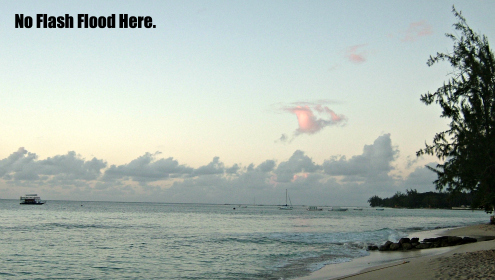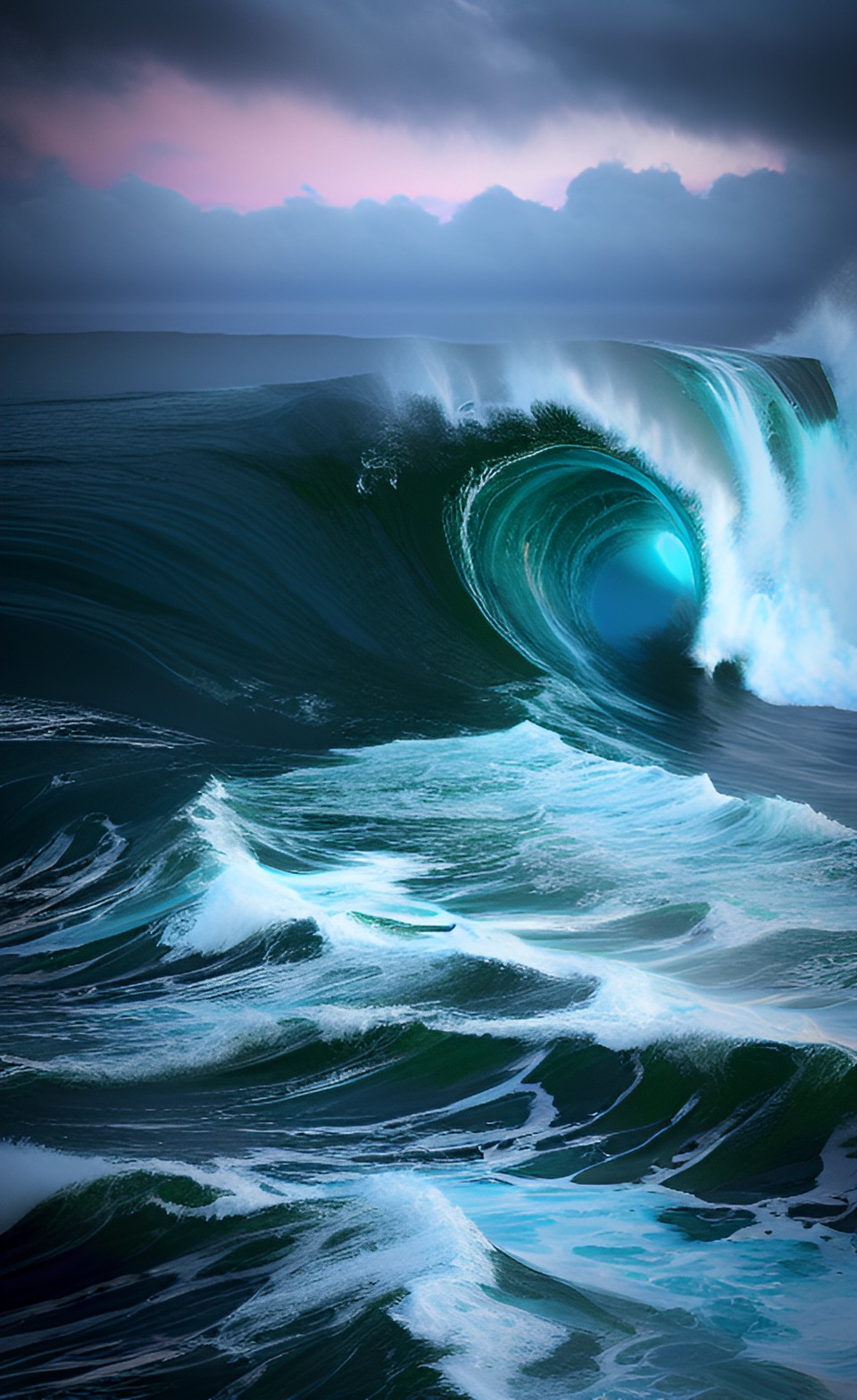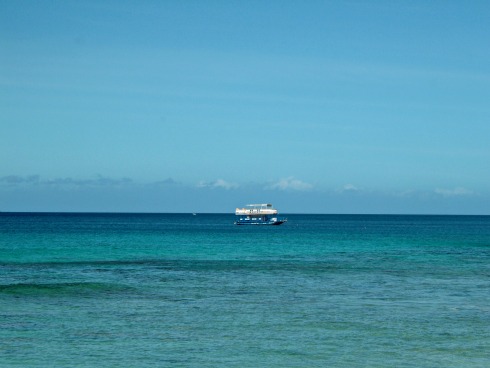- Air Homepage
- Global Warming
- Rising Ocean Levels
WHAT rising ocean levels?
How do rising ocean levels happen?
Search for more climate info.
Sea Level Rise: Facts, Fears, and Science 🌊Could the melting glaciers be only half the story behind the looming threat to our coasts?
Don't believe the hype until you know how thermal expansion and shifting ocean currents could change our world (for better or worse) and why the most complex scientific data still leaves us wondering.
An Inconvenient Truth and other documents present what has become well-known environmental thinking. They talk about climate change and reducing our reliance on fossil fuels. They also stress the importance of protecting natural resources and the consequences of unchecked human consumption.
Human activities have negative effects on the environment, so we need to reduce them. Their message emphasizes the urgency of the situation and calls for collective action.
Climate change and sea level rise: should we worry? Yes, many claim climate change is causing sea level rise. According to the Intergovernmental Panel on Climate Change (IPCC), sea levels will continue to rise because of climate change, mostly because glaciers and ice sheets melt and seawater expands.
The Looming Threat of Sea Level Rise
There are a lot of serious consequences of sea level rise, including:
- Low-lying coastal areas will be at greater risk of flooding as sea levels rise, causing property damage and displacement.
- Sea level rise can cause erosion of beaches and coastal areas, which can destroy habitats and land.
- Intrusion of saltwater: As sea levels rise, saltwater can seep into freshwater sources, harming agriculture and drinking water.
- Rising sea levels can disrupt coastal ecosystems, like wetlands, coral reefs, and estuaries, which can lead to a loss of biodiversity.
- Storm surges and storm damage can be devastating for coastal communities if sea levels rise.
These impacts can have big economic, social, and environmental consequences. In order to slow sea level rise and reduce the risks associated with it, we need to mitigate climate change and reduce greenhouse gas emissions.
We've heard ice cap and glacier melt should release a lot more water. It would not only raise sea levels by several meters, but also change the composition of ocean water.
I just had a thought. Some websites even compare this to Noah's flood in Genesis. As a result of that flood and rising ocean levels, the book says The Lord promised never to flood the world again.
Some people will find this reassuring, but it still leaves us with questions. For instance, what counts as destroying mankind?
Sea Levels are Rising as a Result of modern Global Warming?
During An Inconvenient Truth, we see graphic examples of how coastal geography will be affected by sea level rise. Florida, the Netherlands, etc. We might still want to live near the ocean, if possible safely. It reminds me of an old song.
...there is a lot more on this great YouTube channel.
It's possible. These ice bodies are full of water, and it could all melt. Without additional diking, a lot of currently occupied land will become unusable.
Meanwhile, would we see a lot more land become habitable and arable? The Canadian and Russian high arctic, Greenland (Wonder how it got its name?) and the Antarctic surface, for instance.
Changes in ocean salinity and a decrease in water density could harm the ocean currents that keep western Europe hospitable. In certain geographic areas, salt concentrations rise and fall predictably based on temperature changes.
Fresh water could annihilate this cycle by altering the water density and causing vertical (and then horizontal) motion within the ocean waters. Oceans and climates are very complicated, and all the scientific data in the world won't solve these problems. Not yet, anyway.
Further contributions to rising ocean levels
We could see rising sea levels not just from an increase in liquid water mass, but also from thermal expansion changing the volume of existing liquid water. Water reaches its maximum density at 4°C (39°F), about the same temperature as the ocean's thermocline (mixing layer).
There's a slight increase in density and some compression from that depth on down, while the upper two kilometers (which should heat up more) will expand.
It's a partial cancellation with uncertainty about how it'll affect sea level rise. A lot depends on how deep the ocean is.
We have criticisms of the plausible theories of rising temperatures and rising sea levels. It's an hour and 15 minutes long, called The Great Global Warming Swindle. The criticisms of those criticisms are out there (various papers such as "Scam of TGGWS"), and if we look hard enough, we'll probably find criticisms of those criticisms.
Is it ad nauseam? Maybe. Wouldn't it be great if we could separate pure science from people's underlying interests? Go back from Rising Ocean Levels to the
Solution Global Warming page, or visit the Stuff in the
Air homepage.
Search this site for more information now.
What are your thoughts on rising sea levels?
With global warming and warm air on the horizon, should we expect serious rises in ocean levels? Learn about the challenges associated with making global environmental predictions.
Do you have concerns about air pollution in your area??
Perhaps modelling air pollution will provide the answers to your question.
That is what I do on a full-time basis. Find out if it is necessary for your project.
Have your Say...
on the StuffintheAir facebook page
Other topics listed in these guides:
The Stuff-in-the-Air Site Map
And,
Thank you to my research and writing assistants, ChatGPT and WordTune, as well as Wombo and others for the images.
OpenAI's large-scale language generation model (and others provided by Google and Meta), helped generate this text. As soon as draft language is generated, the author reviews, edits, and revises it to their own liking and is responsible for the content.




New! Comments
Do you like what you see here? Please let us know in the box below.